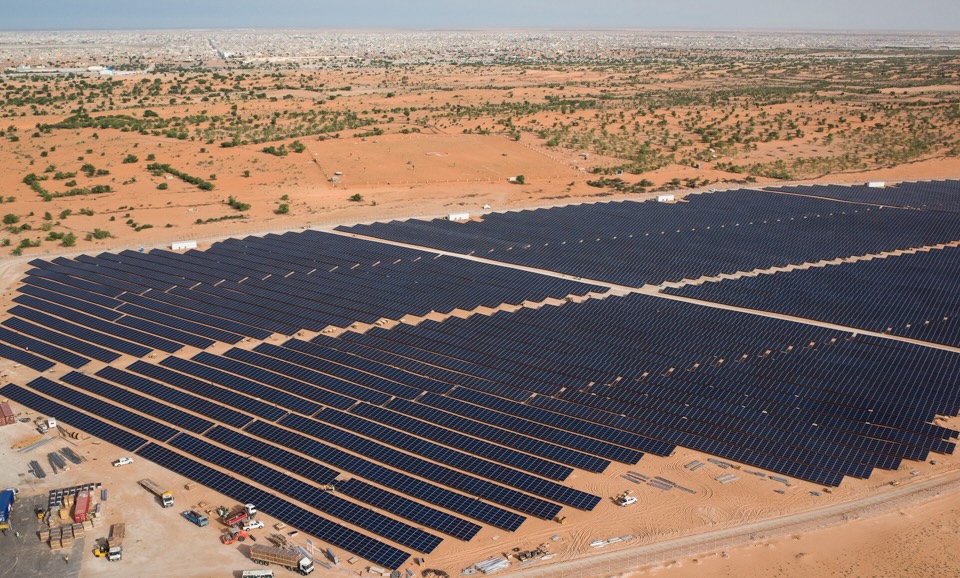Climate change is one of the most pressing challenges of our time. In view of rising temperatures, extreme weather events and melting glaciers, it is becoming increasingly clear that urgent action must be taken to protect the climate. Renewable energies, especially solar energy projects, are playing a key role in this and are gaining in importance worldwide. In this article, we shed light on what solar energy projects are, how they contribute to CO2 savings and what benefits they offer the population.
What are solar energy projects?
Solar energy projects include a variety of initiatives that harness the sun's energy to generate electricity or heat. These projects can range from small rooftop solar installations to huge solar power plants in desert regions. The technology behind these projects is based on photovoltaic (PV) systems, which convert sunlight directly into electrical energy, and solar thermal power plants, which use the sun's heat to generate steam, which in turn drives turbines to produce electricity.
How do solar energy projects contribute to CO2 savings?
Solar energy is one of the cleanest energy sources available to us. Unlike fossil fuels such as coal, oil or gas, generating electricity from solar energy produces no direct CO2 emissions. The greenhouse gas savings come from the fact that solar energy projects reduce dependence on fossil fuels. For example, when a coal-fired power plant is replaced by a solar power plant, the CO2 emissions that would otherwise be produced by burning coal are eliminated. In addition, solar energy projects have the advantage that they can be used in a decentralized manner, which leads to a further reduction in emissions due to the reduced need for energy transmission over long distances.










